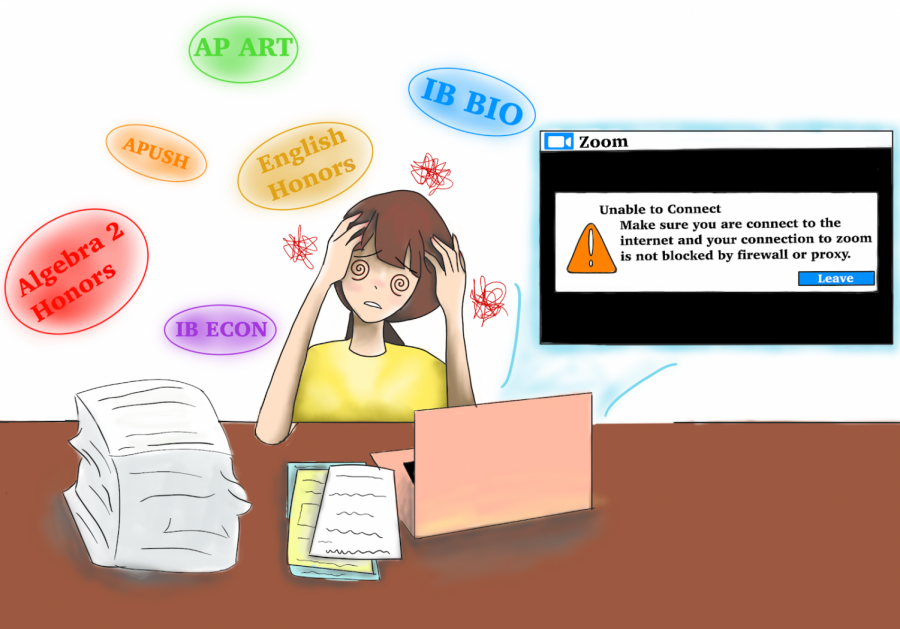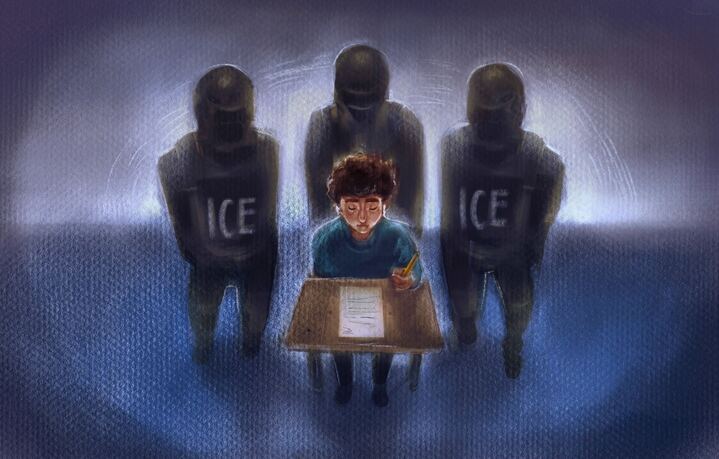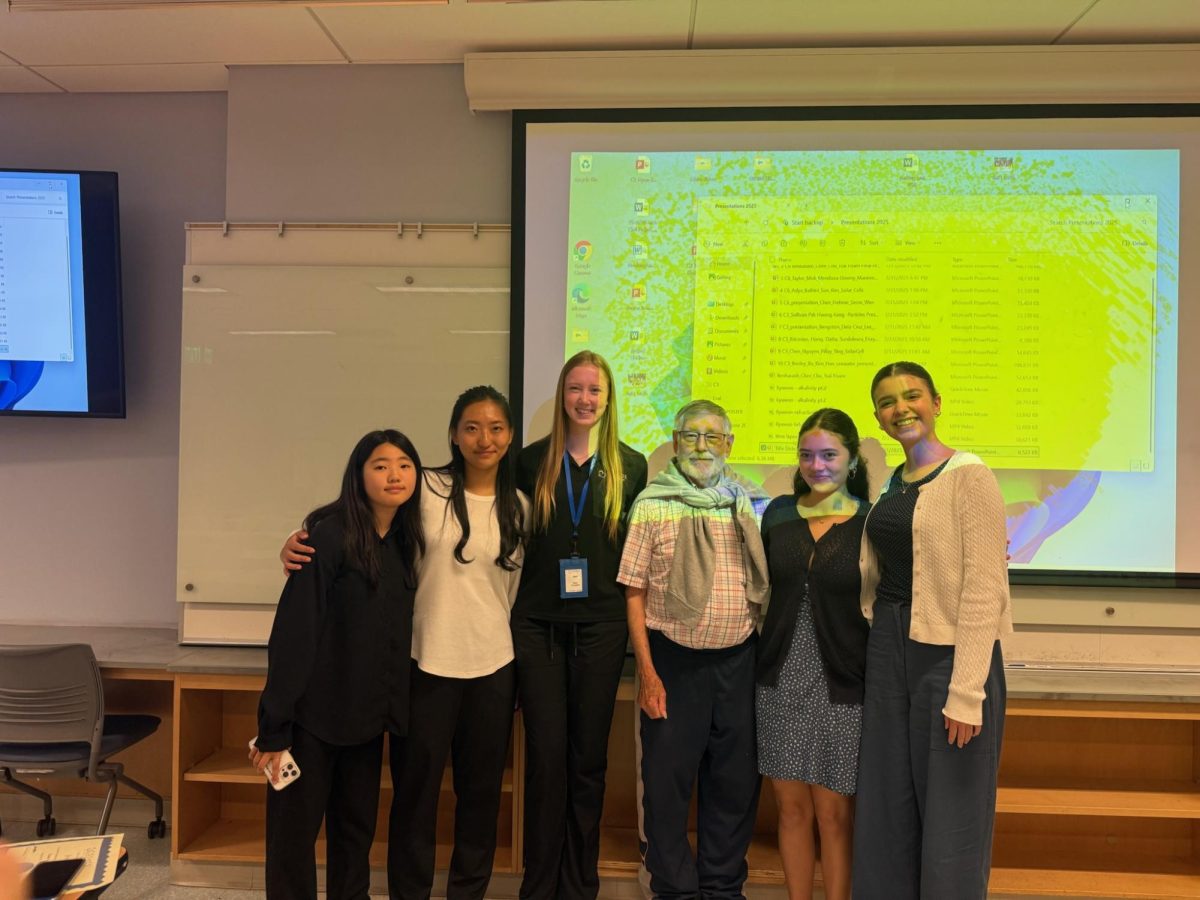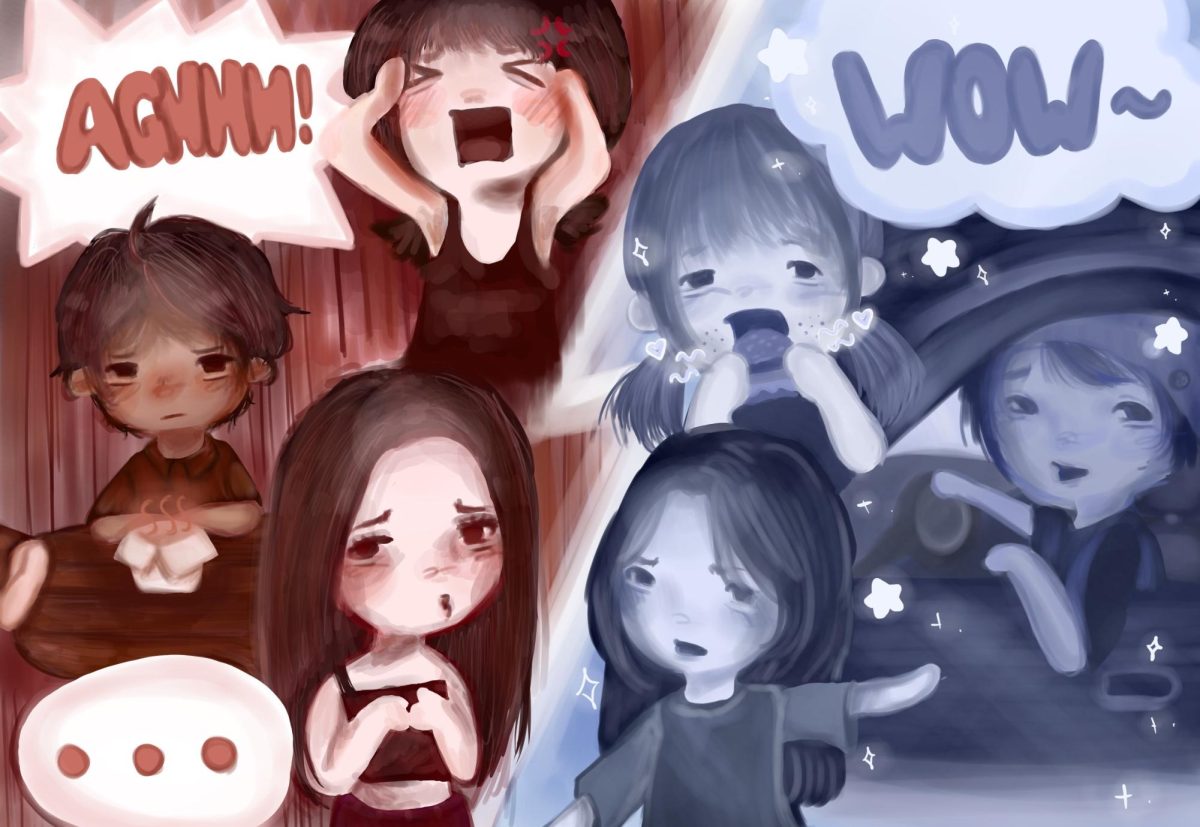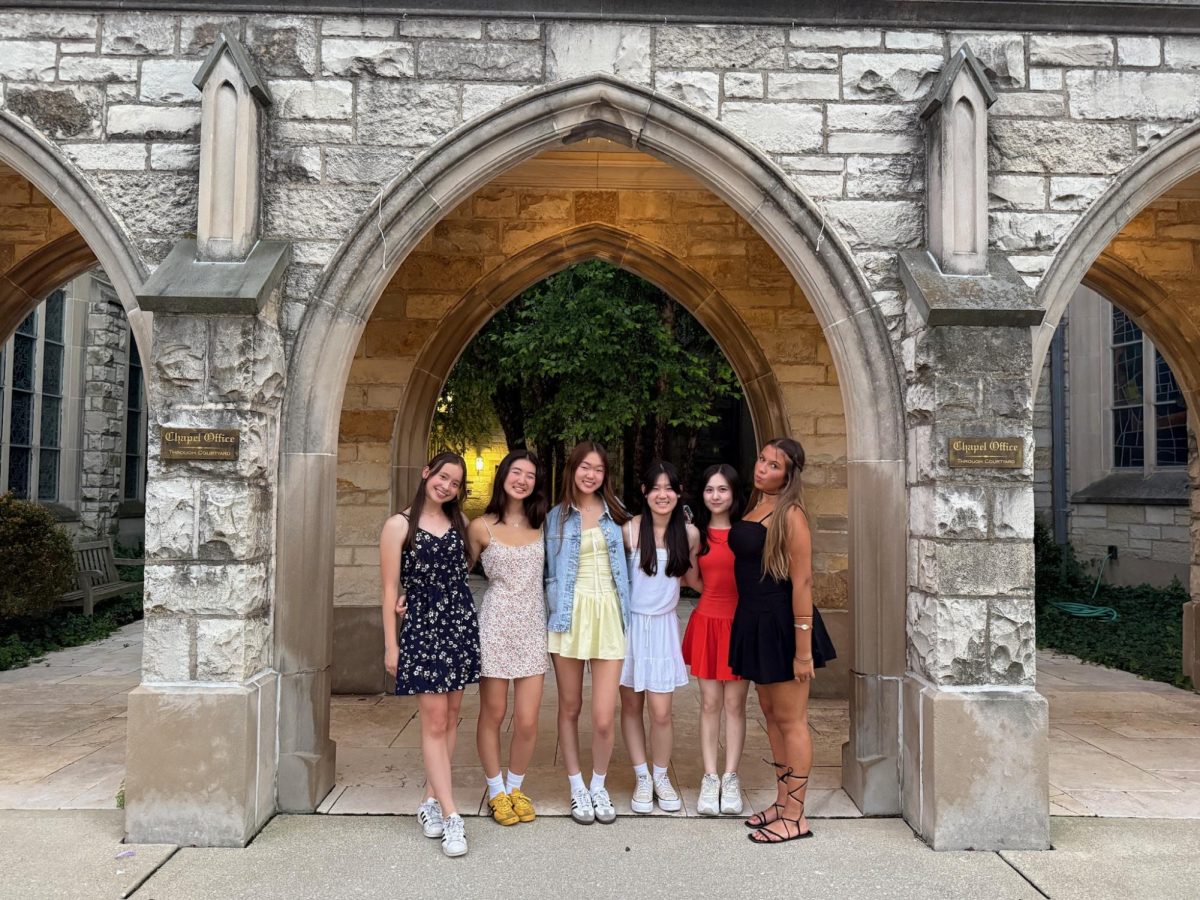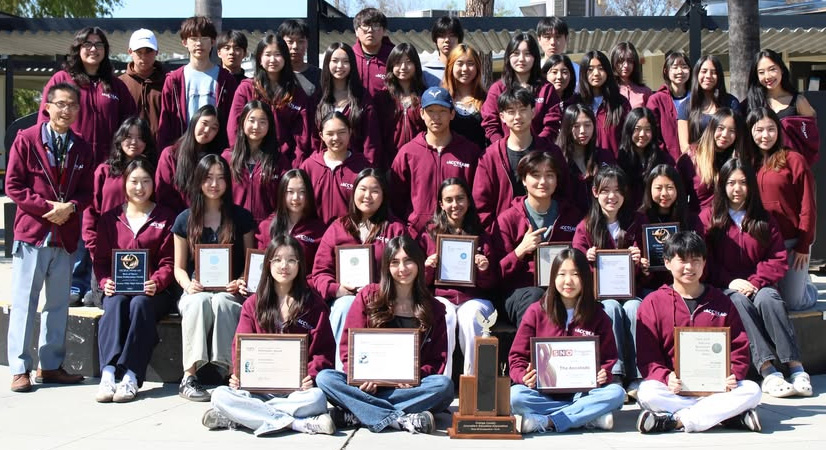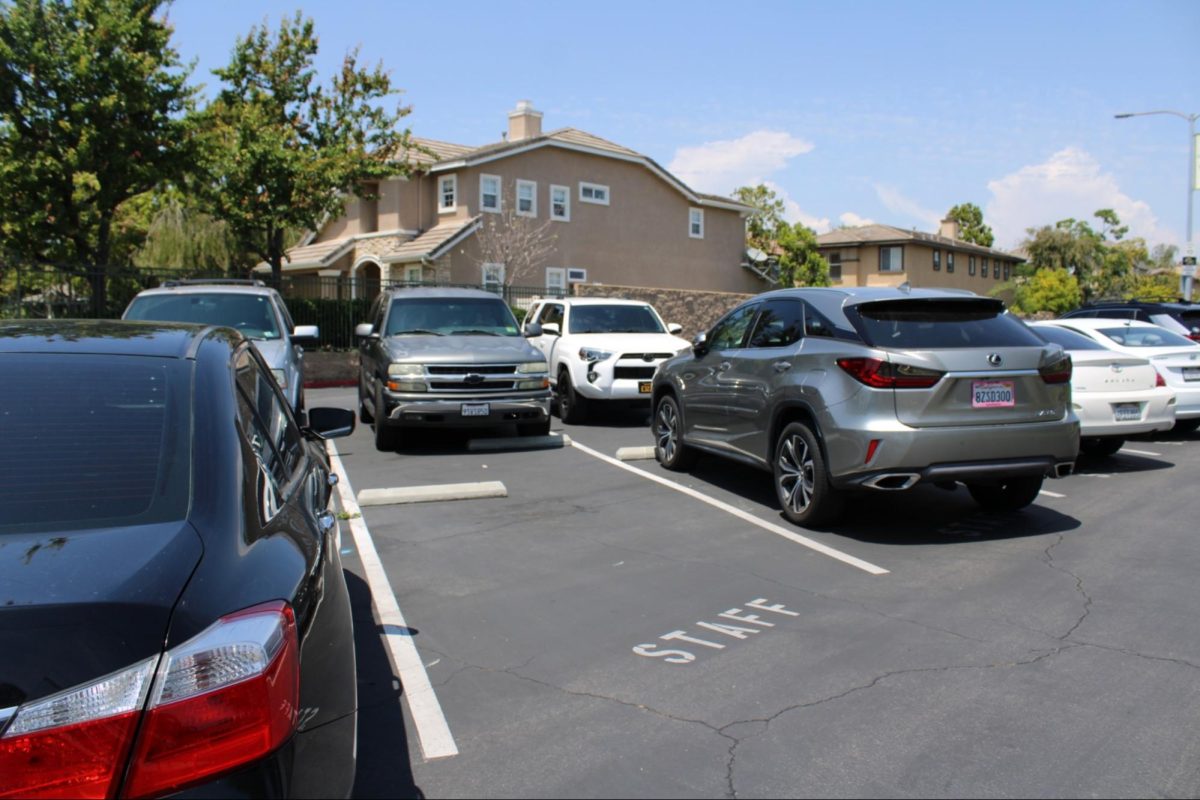School is never easy, especially with AP/IB classes and extracurriculars. But being stuck at home doing school online only makes it worse.
At this point, everyone knows that most schools across the United States have shifted to doing classes through Zoom or Google Meet or some other kind of virtual platform because of the COVID-19 pandemic– and the Fullerton Joint Union High School District opted for that same decision. Fortunately, for the most part, Sunny Hills teachers empathized with students, showed some leniency and tried their best to make virtual learning easier.
But occasionally, the workload really piles up, and teachers seem to forget that we have plenty of other classes doing the same.
To clarify, teachers are not to blame for the late nights students spend working, but we must take into account the struggles we face at home.
Obviously, students taking advanced classes such as honors, AP or IB classes signed up for those specific courses and knew what they were getting into, but no one expected to complete half the school year from home, where the unexpected difficulties keep piling up.
Right off the bat, internet connection serves as one of the greatest challenges of distance learning. A majority of the students on our campus have other family members doing work from home, and that can easily create connectivity problems. Bandwidth issues like these often cause loading Zoom links to fail, students to accidentally get kicked out of meetings or audio interrupted with static. While these are all minor technical concerns, their consistent occurrences — sometimes even during presentations and quizzes — have major impacts on at-home learning experiences and grades.
And arguably, can’t know if students are lying about their internet troubles. But as someone who constantly has to reset my computer and use hotspots for WiFi, I can confidently say, with those who share similar experiences, that the lagging is not intentional, and we hate it.
On top of the uncertain technology, being stuck at home is another problem in itself when it comes to mental health. Not only are students forced to work surrounded by sometimes unsupportive and loud family members without emotional support from friends and barely any social interaction, but staring at a screen for over seven hours a day — which is usually the bare minimum — causes frequent headaches and eye strain. Through texts, social media and phone calls, many of my peers have stated that they started using eye drops or wearing ultraviolet blocking glasses these past few months.
Now, none of this is our teachers’ fault — I’m sure they struggle with distance learning too — but a little more understanding would go a long way. Perhaps teachers can privately consult students with internet troubles before taking points off, or give them a few more minutes to load or submit assignments.



